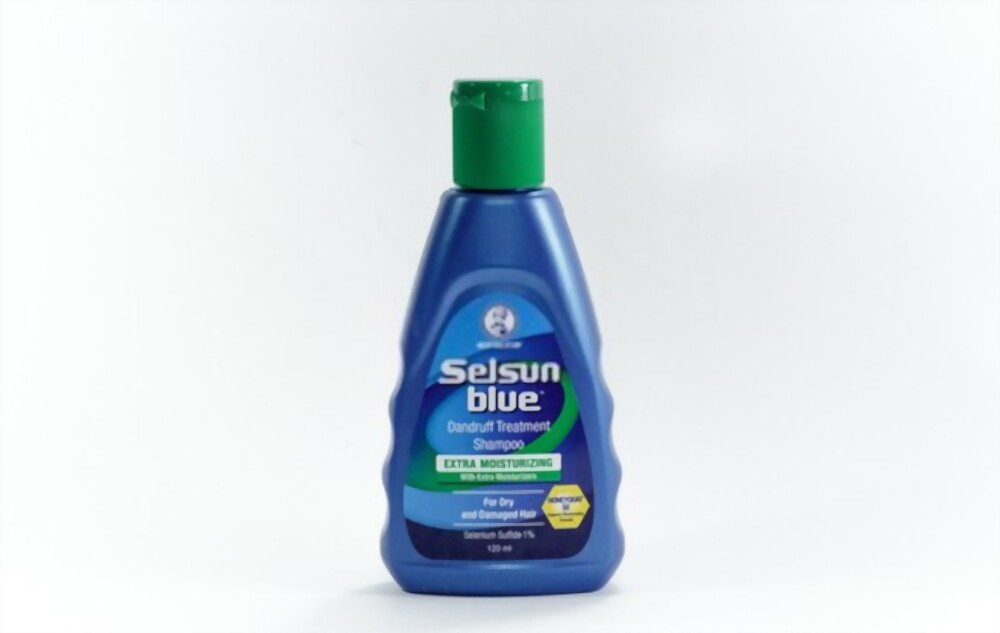Selsun Blue, an anti-dandruff shampoo, and its manufacturer, Chattem, were accused of false and deceptive advertising over the “natural” tagline on the shampoo’s bottle. A class of plaintiffs brought an action in New York alleging that Selsun Blue really flaked out by neglecting to mention ingredients in the shampoo that the proposed class alleged are unnatural.
Case Facts
Jimmy Mustakis purchased bottles of Selsun Blue Naturals in 2020, allegedly because of the “naturals” tag line on the shampoo’s bottle. In his complaint, he asserts that “[r]easonable consumers…value natural products for important reasons, including the belief that they are safer and healthier than alternative products that are not represented as natural.” After repeated use and purchases, he noticed very unnatural ingredients, including panthenol, disodium EDTA, propylene glycol, and citric acid. The label did, however, mention, underneath the word “natural,” that the product included salicylic acid, which did not appear in the list of objectionable ingredients in the complaint.
Mustakis filed a false and deceptive advertising suit seeking injunctive relief suit against Chattem Inc., manufacturer of Selsun Blue, in 2020. The suit claimed that the product was not “natural,” and that consumers should be compensated if they paid a premium for this feature.
Court Says
The court dismissed the case for several reasons, including the prominent appearance of the salicylic acid on the front of the bottle, under the word “natural.” Although Mustakis’s complaint did not mention the salicylic acid, the court’s decision stated that “No reasonable consumer would believe that a product containing three percent salicylic acid is entirely free from synthetic ingredients.” The decision said that the plaintiff’s claims “seem misplaced” because the salicylic acid was identified prominently below the name of the product, making it seem “implausible that a reasonable consumer could be misled.”
In the opinion, the court reasoned that Selsun Blue “does not claim ‘Selsun Blue Naturals’ is ‘all natural’ or ‘100% natural.’ Rather, the term ‘Naturals’ appears only in the brand name” and “the inactive ingredients on the back label disclose the synthetic ingredients plaintiff complains of as well as a number of natural ingredients such as lavender and rosemary extract, which supports the defendant’s use of the term ‘Naturals.’”
Survey Says
When we see a case that references what consumers would consider “reasonable” in false advertising, it signals that a litigation survey could come into play. In particular, cases that have “green” claims, or claims to be “natural,” require persuasive evidence about consumer perceptions of what that claim means. Consumer surveys are one accepted way of gathering this evidence. If you are making claims on packaging, especially “natural” claims about products, it’s important to support them by substantiating them. Contact us to discuss how we can help.
